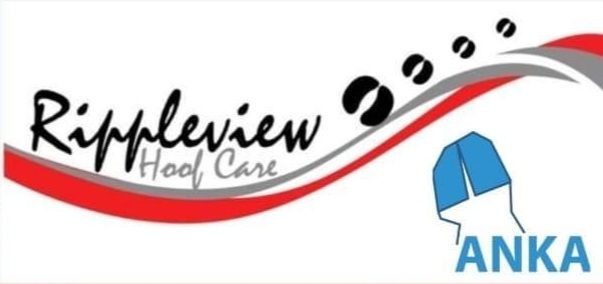Spring – time to plant corn, first cutting of hay and spread manure. But before you climb on the tractor seat, think about adjusting your barn ventilation in anticipation of warmer weather. That may be as simple as rolling up sidewall curtains or it may entail the removal of plastic tarps or plywood that protected structures from those brisk winter breezes. Regardless of what it takes, make sure to open up your barns before the hot weather. The “comfort” zone for dairy cattle is 41 to 77ºF. Temperatures inside poorly ventilated barns could exceed that during the middle of the day even in early spring. Above 77ºF, cows are heat-stressed and dry matter intake suffers leading to a list of problems including reduced milk production, reduced reproductive efficiency and increased occurrence of metabolic disorders. The effects of heat stress can haunt you for the rest of the year – recall that 1 pound of peak milk translates into 225 to 240 pounds per lactation. For example, 4.5 pounds decrease in peak milk can lower the lactation yield by 1,000 pounds. So make sure you have the capability to cool early lactation cows. Ration adjustments may be needed to compensate for reduced dry matter intake. A great place to start addressing heat stress is the holding pen and the feed bunk. These two areas of higher cow traffic are prone to heat stress. Look for ways to provide fans and possibly sprinklers on cows at these locations. Below is a list of items to consider as the temperature rises: • Open up barns (remove sides, roll up curtains) to maximize natural ventilation. • Clean dust and residue off of fan cages as it can cause drag, which compromises the air-moving ability of the fan. (You would be amazed at how much better a clean fan can function relative to a dirty fan.) • Ask yourself if any structures around cow housing can be removed or modified to allow for better air flow. Do you really need that ivy-covered corn crib you haven’t used in 10 years? • Consider installation of a cow sprinkler system. (Your local dairy extension agent should be able to assist you in the design of these systems.) • Is your feed bunk and holding pen adequately shaded? Is this true at different times of the day as the position of the sun changes? PD —From Virginia Tech Dairy Pipeline, May 2007 M. Chase Scott, Extension Agent, Virginia Tech
- Topics
- News
- Blogs
- Podcasts
- Buyers Guide
- Magazine
- Advertise








